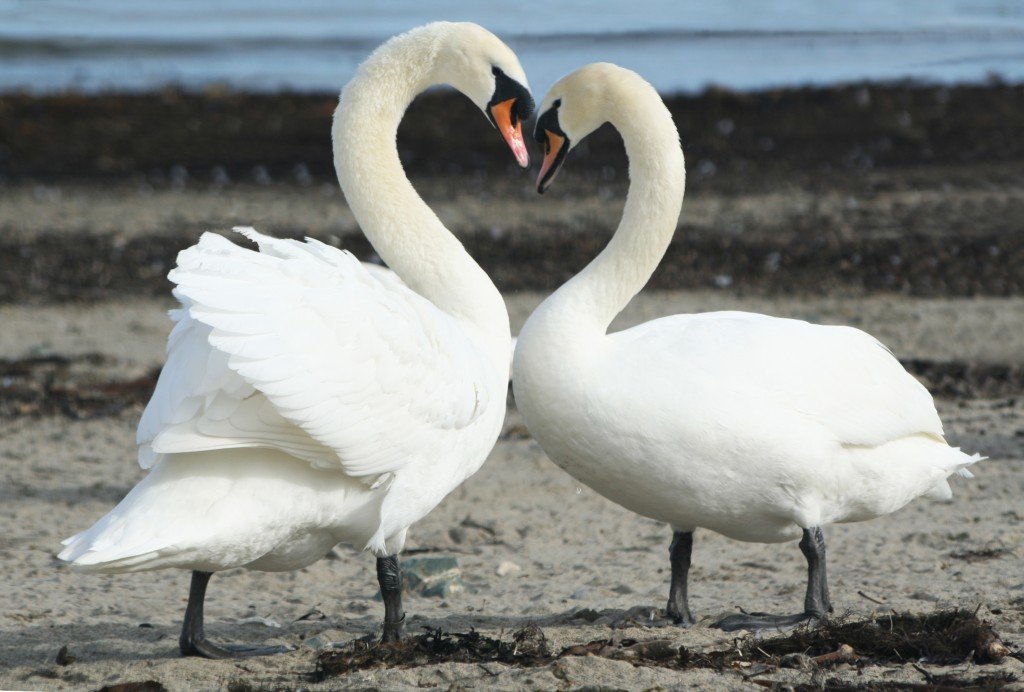
Self-help and psychology spend a lot of time exploring ‘how to find love’ or ‘how to keep the love that you want.’
But rarely do we actually take the time to ask: ‘What is love?’
To start this study, I’ll take a look at the definitions of love offered by various thinkers of various kinds throughout the ages.
Aristotle wrote: ‘Love is composed of a single soul inhabiting two bodies.’
When I read this I instantly think, ‘Yes!’ That’s at least part of it. To love someone is to recognize in another some shared and very important value.
Ayn Rand wrote: ‘It’s is with a person’s sense of life that one falls in love—with that essential sum, that fundamental stand or way of facing existence, which is the essence of a personality.’
Yes again. That’s truly a unique and astute way of putting it: ‘That fundamental stand or way of facing existence.’
It’s sometimes said that the best way to get to know a person is to see him or her under severe stress, or in a crisis. This may be true, but you can look for the way that people ‘face existence’ even in daily life. Some people turn trivial or unimportant problems into disasters, for instance. Right away, this tells you something about their sense of life—as one long trudge, or a valley of tears—as opposed to something exciting and purposeful, almost at every moment.
Bruce Lee wrote: ‘Love is like a friendship caught on fire. In the beginning a flame, very pretty, often hot and fierce, but still only light and flickering. As love grows older, our hearts mature and our love becomes as coals, deep-burning and unquenchable.’
Anyone who has experienced a sustained love, one based on continued shared values and life purpose, can attest to the truth of this statement.
Erich Fromm wrote: ‘Immature love says: ‘I love you because I need you.’ Mature love says ‘I need you because I love you.”
Interesting. Some relationships are based on need and dependence. One party (the ‘strong’ or dominant one) needs to be needed; the other simply needs. These relationships often end up in destruction or ruin.
In contrast, consider the relationship based on the unspoken but deeply felt premise: ‘I love life and myself. I value. Therefore, I want you—and I need you in my life.’ Fromm has identified here why ‘need’ is not inherently wrong or unhealthy in love; it’s the reason you need that matters.
Here’s an interesting one from Zora Hurston: ‘Love makes your soul crawl out from its hiding place.’
It’s often said that love is selfless. On the contrary, as this quote implies, love is a celebration of yourself—in the context of connection with another human being. Love is the celebration of life and self, with another who feels the same way back. It’s the experience, most of all, of visibility. This is true in friendship, and more so in romantic love.
Tom Robins: ‘We waste time looking for the perfect lover, instead of creating the perfect love.’
I like the implication of self-responsibility. Instead of passively expecting another to ‘make’ you happy by loving you, concentrate on earning that love, first in your own eyes and then in the eyes of another who has earned your love and admiration.
Antoine de Saint-Exupery : ‘Tell me who admires and loves you, and I will tell you who you are.’
This may be true, but I’ve always thought the opposite: Tell me who you love and admire, and I will tell you who you are.
Vincent Van Gogh: ‘The way to know life is to love many things.’
I agree. Love is the emotional experience of rationally held values. Know what’s good and why, and let the emotions follow. This applies to romance, but to values more generally—friendship, ambitions, anything else valuable in life. First with the head, and then with the heart.
Johann Wolfgang von Goethe: ‘Love does not dominate; it cultivates.’
Very true. Love is not control. It’s an emotional expression of the qualities you value. You want those values protected and cultivated in another as much as you want your own self to flourish.
It’s not only important to find the love you want. First you have to know what love is, and why, so it will be worth something once you find it.
Be sure to “friend” Dr. Hurd on Facebook. Search under “Michael Hurd” (Rehoboth Beach DE). Get up-to-the-minute postings, recommended articles and links, and engage in back-and-forth discussion with Dr. Hurd on topics of interest.
